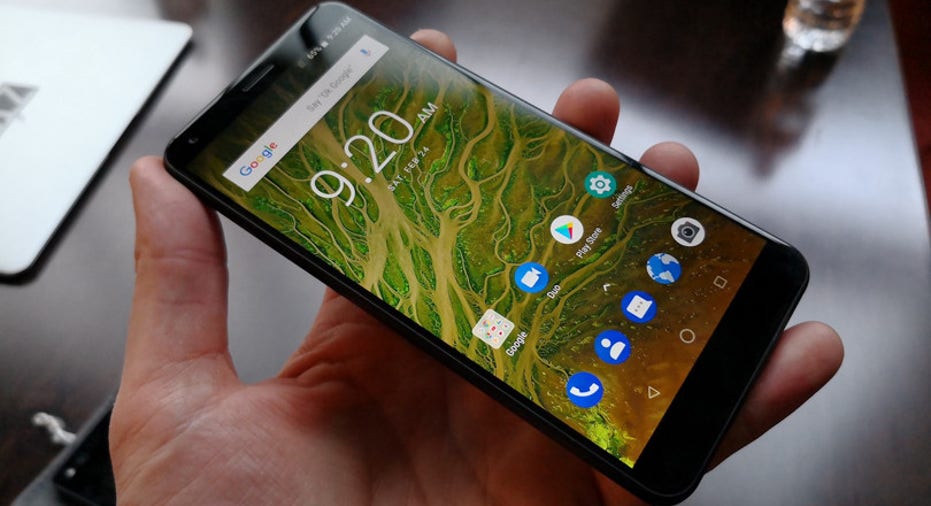Saving ZTE Is Also Good for the US

The weird, ongoing saga of phone maker ZTE got much weirder this weekend when President Trump announced in a tweet that he was working to reverse a US ban on the company—for the sake of Chinese jobs.
I've covered this before. Major US providers don't use ZTE networking equipment, and phone handsets sold by US carriers are under perpetual scrutiny by scientists at those carriers and by thousands of independent security researchers worldwide. Sprint, T-Mobile, AT&T, and the whole huge, independent security researcher community haven't found any "Chinese espionage" when they've tested and torn apart ZTE handsets. I'm going to trust thousands of independent scientists at dozens of firms over a few officials who won't show their receipts.
And Rubio's tweet, tarring all Chinese telecom firms, has bigger implications. If we're going to take him both seriously and literally, we need to ban Motorola phones, made by Lenovo; Alcatel phones, made by TCL; and possibly Apple iPhones, which are assembled by Foxconn, which operates its plants on Chinese soil under Chinese law. That would be a full scale trade war.
Rubio is correct in a succeeding tweet saying that the Chinese government has played dirty in the past by blocking market access so it could nurture locally grown Chinese alternatives. US leaders like Facebook and Google have suffered in China because of this. But once again, nuking an example of actual US-Chinese cooperative success, and putting Android's and Qualcomm's successes in China in peril because of it, is a tantrum rather than a well-thought-through response to Chinese policy.
This article originally appeared on PCMag.com.



















